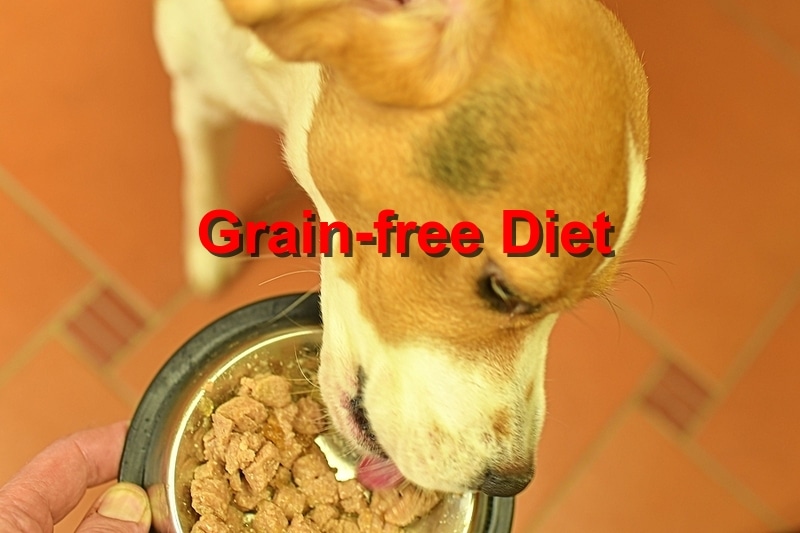A grain-free diet for your pet can offer a multitude of benefits, contributing to their overall health and well-being. While grains like wheat, corn, and soy are commonly used in commercial pet foods, they may not be the best choice for your furry friend. Here are some compelling reasons to consider switching to a grain-free diet:
- Improved Digestion: Many pets have trouble digesting grains, as their digestive systems are better suited for animal-based proteins. Grain-free diets are easier on their stomachs, reducing the risk of digestive issues such as bloating, gas, and diarrhea.
- Allergy Management: Grain allergies are common among pets, causing symptoms like itching, skin irritations, and gastrointestinal problems. By eliminating grains from their diet, you can help alleviate these allergy-related issues.
- Weight Management: Grain-free diets can aid in weight management for overweight pets. These diets are often higher in protein and lower in carbohydrates, promoting lean muscle mass and reducing the likelihood of obesity.
- Increased Energy Levels: A grain-free diet provides more bioavailable nutrients, leading to increased energy levels and improved overall vitality in your pet. This can be especially beneficial for active dogs and cats.
- Healthy Skin and Coat: Pets on grain-free diets tend to have shinier, healthier coats. The absence of grains can reduce skin inflammation and promote a lustrous, itch-free coat.
- Reduced Risk of Chronic Diseases: Some studies suggest that grain-free diets may reduce the risk of certain chronic diseases, such as diabetes and heart disease, in pets. These diets can help stabilize blood sugar levels and improve cardiovascular health.
- Better Dental Health: Grain-free diets often incorporate ingredients that promote dental health, such as natural abrasives that help clean teeth and reduce plaque buildup.
- Enhanced Immune Function: The high-quality ingredients found in many grain-free pet foods can support a pet’s immune system, helping them fight off illness and stay healthier overall.
- Fewer Fillers: Grain-free diets typically contain fewer fillers like corn and soy, which means your pet gets more essential nutrients with every bite.
- Improved Stool Quality: Pets on grain-free diets often have firmer, smaller stools, which are easier to clean up and indicate better digestion and nutrient absorption.
It’s important to note that while grain-free diets offer numerous benefits, it’s essential to consult with your veterinarian before making any significant changes to your pet’s diet. Your vet can help you choose the right grain-free food that meets your pet’s specific needs and monitor their health throughout the transition. With the right guidance, a grain-free diet can contribute to your pet’s overall health and happiness.
References: Becopets, PetExpress




